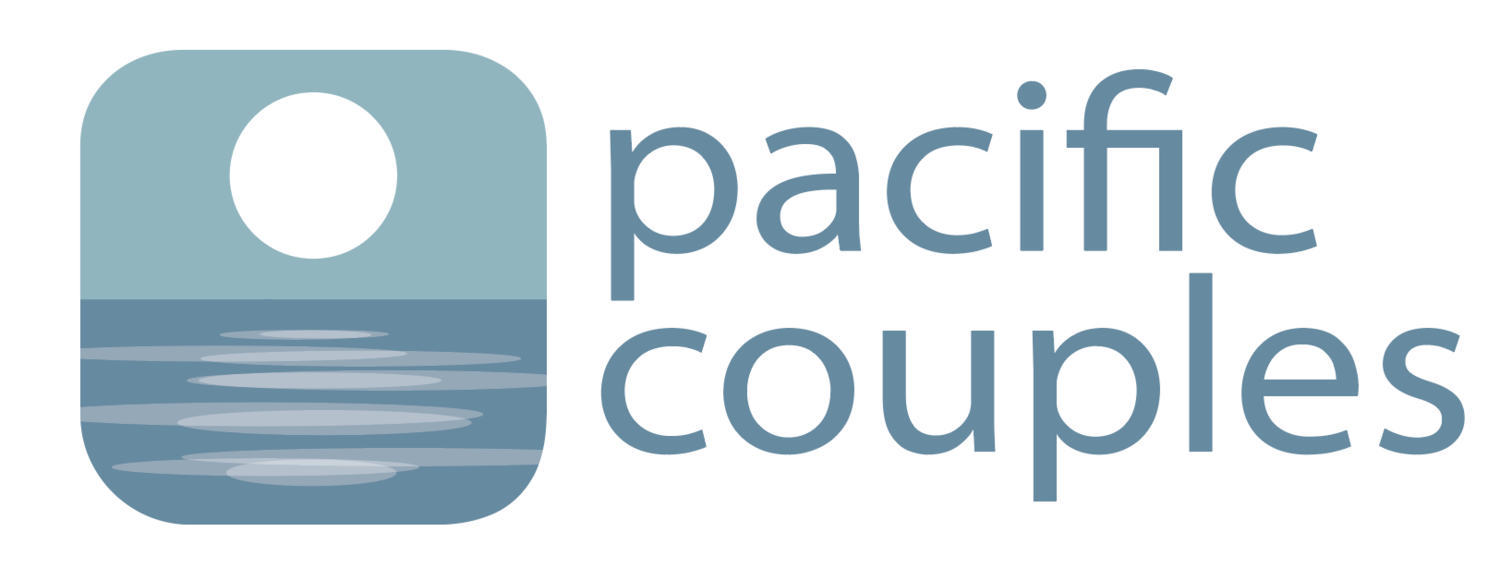Can a Marriage Work if You Have Different Values?
Our culture often seems to tell us, through movies, for example, that a healthy relationship is a journey of shared dreams and aspirations. But most couples discover over time that they have divergent goals, values, or aspirations. These differences can add stress to various areas of a relationship, including:
1. Career and Professional Ambitions: Differences in career aspirations, work-life balance, or desired paths of professional growth can create tension if not aligned.
2. Family Planning and Life Milestones: Variances in timelines for marriage, starting a family, or other major life milestones can lead to conflict and uncertainty about the future.
3. Financial Priorities: Discrepancies in financial goals, spending habits, or attitudes towards money management can strain the relationship and impact long-term planning.
4. Lifestyle Choices: Varied preferences in lifestyle, such as travel, leisure activities, or personal interests, may require compromise and negotiation to find common ground.
5. Spiritual and Religious Beliefs: Differences in spiritual or religious beliefs, practices, or values can influence decision-making and shape the couple's shared identity and worldview.
How Does the Gottman Method Help Couples with Different Values and Goals?
Couples therapy in general provides a supportive and non-judgmental environment for partners to explore and address their differences constructively. The Gottman Method in particular, grounded in decades of research on relationship dynamics, offers a holistic approach to couples therapy, focusing on strengthening friendship, intimacy, and shared meaning in the relationship. Here's how it can help couples navigate divergent goals, values, and aspirations:
1. Assessment and Understanding: Through structured assessments and exercises, couples gain insight into their individual goals, values, and aspirations, as well as the underlying motivations behind them. Understanding each other's perspectives lays the groundwork for empathy, validation, and mutual respect.
2. Effective Communication Skills: The Gottman Method emphasizes the importance of healthy communication to address differences constructively. Couples learn practical skills, such as active listening, assertive expression, and validation, to foster understanding and bridge communication gaps.
3. Conflict Resolution Strategies: Couples are taught evidence-based strategies for managing conflicts and finding mutually agreeable solutions. By approaching differences with empathy, openness, and a willingness to compromise, couples can navigate disagreements without compromising their connection.
4. Building Friendship and Intimacy: Cultivating friendship and intimacy forms the foundation of a resilient relationship. Through shared activities, rituals of connection, and expressions of appreciation and affection, couples deepen their bond and strengthen their emotional connection.
5. Creating Shared Meaning: The Gottman Method helps couples identify shared goals and aspirations and create a shared vision for their relationship. By aligning their visions for the future and setting common objectives that support both partners, couples can strengthen their bond and foster a sense of unity and purpose that transcends their differences.
Implementing the Gottman Method in Your Relationship
To apply the principles of the Gottman Method to divergent goals, values, and aspirations in your relationship, consider the following steps:
1. Cultivate Empathy and Understanding: Approach your partner's goals, values, and aspirations with curiosity and empathy. Take the time to listen attentively, ask open-ended questions, and seek to understand their perspective without judgment or criticism. Don’t worry if you don’t agree with their perspective, the priority here is understanding them clearly enough to have a deeper conversation.
2. Find Common Ground: Identify areas of overlap or shared values that can serve as a foundation for compromise and collaboration. Focus on finding creative solutions that honor both partners' needs and desires. Sometimes you can find solutions that will meet both of your needs simultaneously. Other times, you will need multi-part solutions to make sure that each partner can live a meaningful life.
3. Practice Effective Communication: Prioritize open, honest, and respectful communication with your partner. Use "I" statements to express your feelings and needs assertively, and actively listen to their perspective without interrupting or becoming defensive. Try to remember that both perspectives are inherently valid, and each person’s hopes and dreams have value to them. The goal is to communicate in a way that shows you are about the other person’s happiness.
4. Seek Professional Support: Consider seeking guidance from a couples therapist trained in the Gottman Method. A skilled therapist can provide personalized insights, tools, and exercises to help you navigate your differences and strengthen your relationship.
Embracing Differences as a Strength
While divergent goals, values, and aspirations may pose challenges in a relationship, they need not be a source of perpetual conflict or despair. Through the principles of the Gottman Method, couples can bridge their differences with grace and resilience, strengthening their bond and fostering a deeper connection. By cultivating empathy, understanding, and mutual respect, couples can embrace their divergent paths as a source of growth, learning, and enrichment in their relationship journey. With dedication, effort, and the right tools, partners can bridge their differences and create a relationship that is both fulfilling and harmonious.
If you would like more information on how to apply these concepts to your situation, schedule a free consultation.


